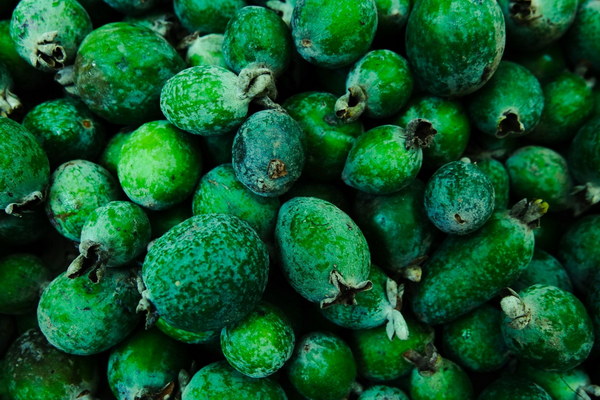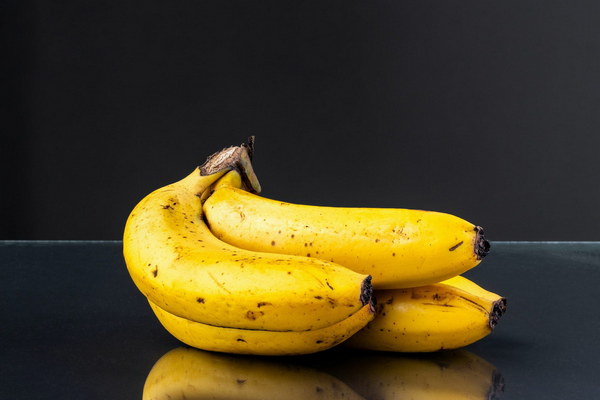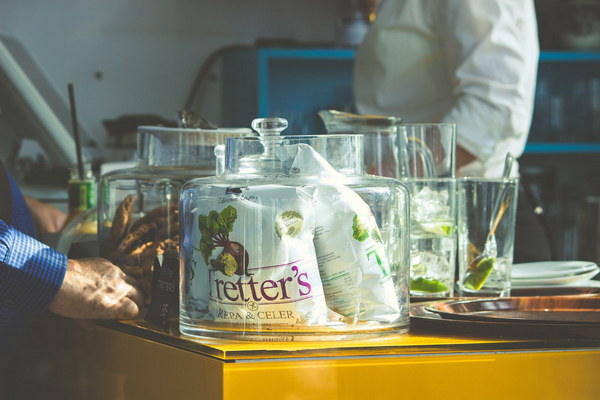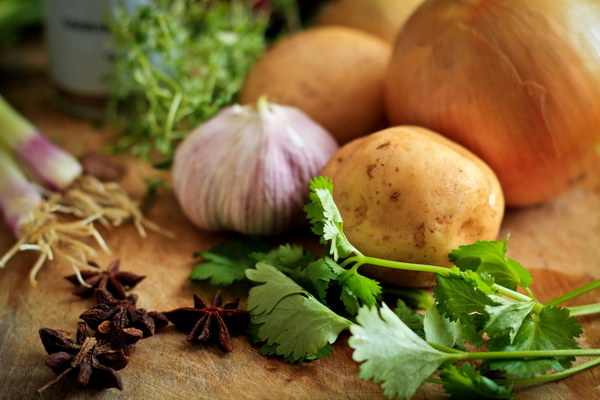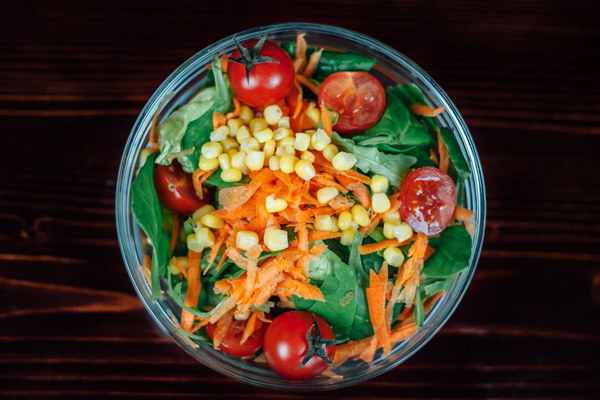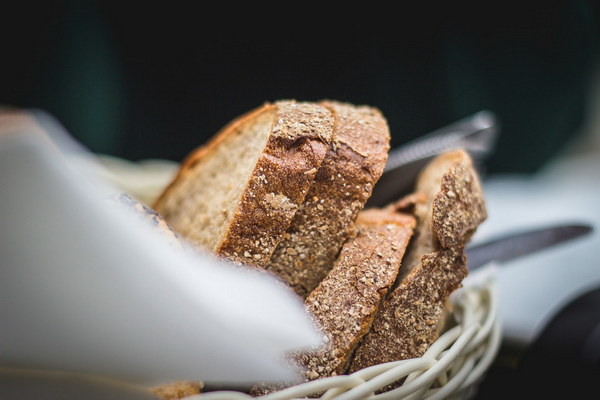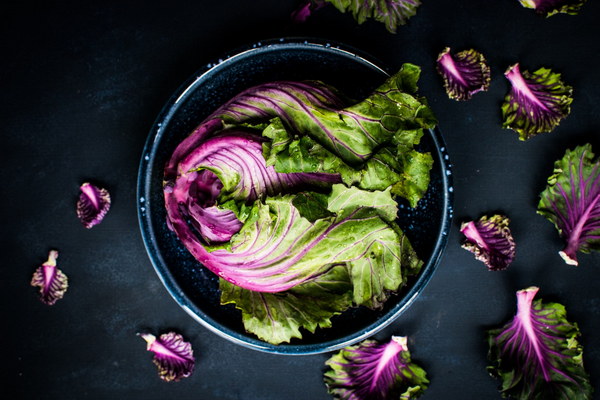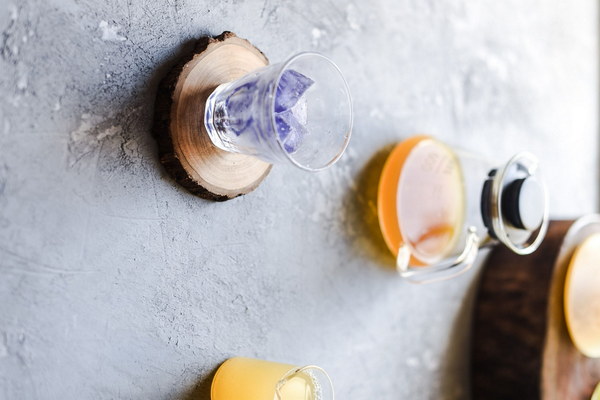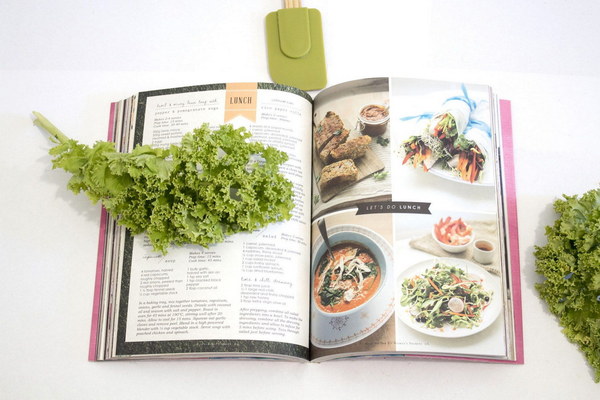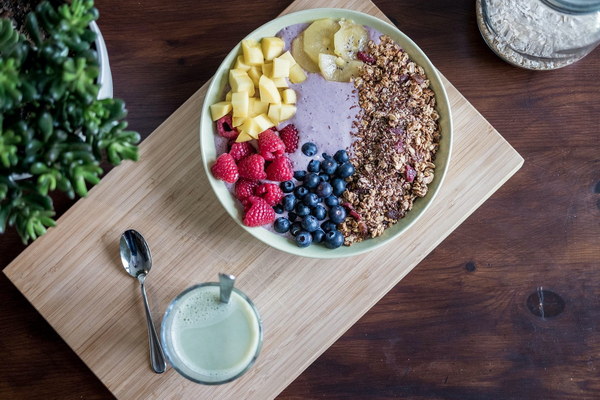Revitalizing Your Health A Guide to Building Qi and Blood for the Underweight
Are you struggling with a weak constitution and feeling constantly under the weather? If you're underweight and experiencing symptoms like fatigue, weakness, and pale skin, it might be time to focus on building your Qi (vital energy) and Blood. In traditional Chinese medicine, maintaining a healthy balance of Qi and Blood is crucial for overall well-being. This article will explore how to nourish your body and regain vitality by addressing the root causes of your underweight condition and implementing strategies to boost your Qi and Blood.
Understanding Qi and Blood
In Chinese medicine, Qi is the vital life force that animates and nourishes the body. It flows through meridians, or energy pathways, and is essential for all bodily functions. Blood, on the other hand, is responsible for nourishing the body's tissues and organs, as well as for the maintenance of body temperature and protection against pathogens.
When Qi and Blood are deficient, the body lacks the necessary energy and nutrients to function optimally. This can lead to a range of symptoms, including:
- Chronic fatigue
- Weakness
- Pale or brittle nails
- Dry skin
- Poor concentration
- Cold hands and feet
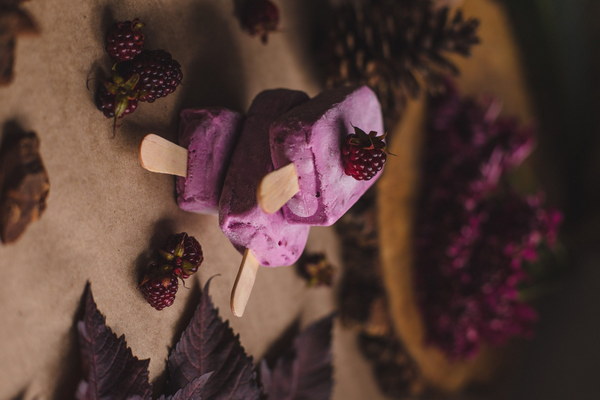
- Irregular menstrual cycles (in women)
Identifying the Root Causes
Before you begin any treatment, it's important to identify the root causes of your Qi and Blood deficiency. Common factors include:
- Poor diet
- Chronic stress
- Lack of sleep
- Overexertion
- Genetic predisposition
Nourishing Your Diet
A well-balanced diet rich in nutrients is the cornerstone of building Qi and Blood. Here are some dietary tips to consider:
1. Increase Iron-Rich Foods: Iron is crucial for the production of red blood cells. Incorporate iron-rich foods such as lean red meat, poultry, fish, beans, lentils, tofu, and fortified cereals into your diet.
2. Boost Vitamin C Intake: Vitamin C helps your body absorb iron. Eat plenty of fruits and vegetables high in vitamin C, such as oranges, strawberries, bell peppers, and broccoli.
3. Incorporate Blood-Building Foods: Foods like liver, kidneys, red meat, and black sesame seeds are traditionally believed to help build Blood.
4. Stay Hydrated: Adequate water intake is essential for the proper circulation of Qi and Blood.
5. Limit Stimulants: Reduce your consumption of caffeine, nicotine, and alcohol, as these can deplete your Qi and Blood.
Herbal Remedies
Herbal remedies can be a valuable addition to your treatment plan. Some commonly used herbs for building Qi and Blood include:
- Astragalus (Astragalus membranaceus)
- Codonopsis (Codonopsis pilosula)
- Dong Quai (Angelica sinensis)
- Goji berries (Lycium barbarum)
- Licorice root (Glycyrrhiza uralensis)
It's important to consult with a qualified herbalist or healthcare provider before starting any herbal treatment, as some herbs can interact with medications or have adverse effects.
Exercise and Lifestyle Changes
Regular exercise can help improve your overall energy levels and boost your Qi. Gentle, low-impact activities such as walking, tai chi, or yoga can be particularly beneficial. Additionally, practicing stress-reducing techniques like meditation or deep breathing exercises can help to balance your Qi and Blood.
Conclusion
Building Qi and Blood is a process that requires patience and commitment. By focusing on your diet, incorporating herbal remedies, and adopting a healthy lifestyle, you can gradually restore your body's vitality and well-being. Remember to consult with a healthcare professional to tailor your treatment plan to your individual needs and health conditions. With the right approach, you can transform your underweight condition into a state of vibrant health and energy.
